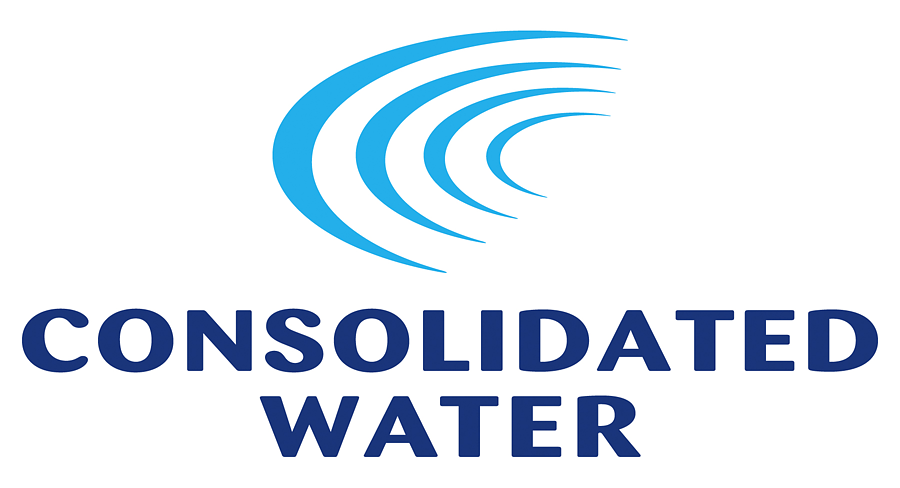
Drought-Proofing California: Tech & Golf Course Team Up for Water Innovation
As California faces persistent drought, a Silicon Valley golf course is pioneering a cutting-edge wastewater recycling system, signaling a potential turning point for water conservation – and a new market for tech firms.
Drought-Proofing California: Tech & Golf Course Team Up for Water Innovation
Pleasanton, CA – As California continues to grapple with the realities of a changing climate and persistent drought, innovative solutions are emerging from unexpected corners. The Club at Ruby Hill, a prestigious golf course in Pleasanton, is leading the charge with a new wastewater recycling system, demonstrating a potential turning point for water conservation and opening doors for burgeoning water technology firms.
The $1.17 million project, spearheaded by Consolidated Water Technologies (a subsidiary of Consolidated Water Co. Ltd.), isn’t just about keeping fairways green. It’s a microcosm of a larger, urgent need: securing a sustainable water future for a state increasingly vulnerable to climate change. The system utilizes advanced membrane bioreactor (MBR) technology, effectively treating wastewater on-site and transforming it into high-quality irrigation water.
“The need for innovative water solutions in California has never been greater,” says a water resource expert familiar with the project. “This isn’t simply about golf courses; it’s about adapting to a new reality where water is a precious and limited resource.”
Beyond Fairways: A Deeper Look at the Tech
The MBR system implemented at Ruby Hill goes beyond traditional wastewater treatment. According to experts, it filters water to a level exceeding many potable water standards, making it ideal for irrigating the golf course and potentially reducing dependence on increasingly strained municipal water supplies. The system involves a biological treatment process, followed by ultrafiltration and reverse osmosis, resulting in exceptionally clean water.
“This level of water quality allows us to not only irrigate efficiently but also reduce our overall water footprint,” says a representative from the Club. “It’s a significant step towards environmental stewardship.”
Consolidated Water’s US Expansion: A Strategic Move?
For Consolidated Water, the Ruby Hill project represents a crucial step in its expansion into the US market. Traditionally focused on the Caribbean, the company sees California as a ripe opportunity for its advanced water treatment technologies. The project signals a strategic shift towards tackling the water challenges facing the Western United States.
“This project isn't just about one golf course; it's a demonstration of our capabilities and a pathway to securing more contracts in the region,” said an anonymous company insider. “We believe there’s a significant demand for our expertise as communities and businesses increasingly seek sustainable water solutions.”
The project comes at a time when the water technology market is experiencing significant growth. Industry analysts project substantial increases in investment and innovation as demand for efficient water management systems surges. The US market, in particular, is predicted to be a major driver of this growth.
Competitive Landscape and Market Potential
Consolidated Water isn't alone in its pursuit of the California water market. Companies like Xylem and Veolia are also actively deploying innovative water treatment technologies across the state. The competition is fierce, but the potential rewards are substantial.
“The California market is incredibly dynamic and competitive,” says a water technology consultant. “Companies are constantly innovating and pushing the boundaries of what’s possible.”
While large corporations dominate many segments of the water technology sector, there is also space for smaller, specialized firms to thrive. The Ruby Hill project highlights the opportunity for companies with niche expertise, such as MBR technology, to gain a foothold in the market.
Local Impact and Community Benefits
The Ruby Hill project isn't just about technological innovation; it also has positive implications for the local community. By reducing its reliance on municipal water supplies, the golf course is helping to conserve valuable resources for residents and businesses.
“Water conservation is a shared responsibility,” notes a local environmental advocate. “Projects like this demonstrate that everyone has a role to play in securing a sustainable water future.”
Moreover, the project serves as a model for other golf courses and businesses in the region, inspiring them to adopt more sustainable water management practices. The potential for replication is significant, and could contribute to a broader shift towards water conservation across the state.
The Road Ahead: Scaling Up for a Sustainable Future
While the Ruby Hill project represents a significant step forward, experts caution that scaling up these types of solutions will be critical to addressing California’s long-term water challenges. Increased investment in water infrastructure, supportive policies, and public awareness campaigns will all be essential.
“This is just the beginning,” says a water resource expert. “We need to embrace innovation and adopt a holistic approach to water management to ensure a sustainable future for California.”
As California continues to navigate the uncertainties of a changing climate, projects like the one at Ruby Hill offer a glimmer of hope – a demonstration that with ingenuity, collaboration, and a commitment to sustainability, a secure water future is within reach.
